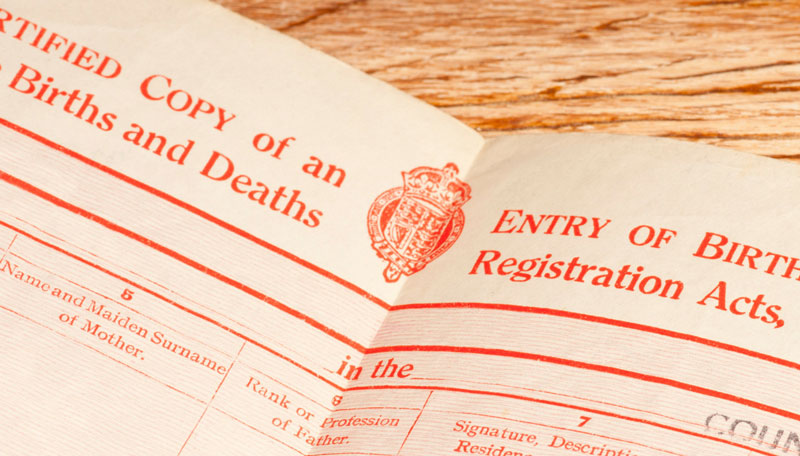It is a very common question. Let’s face it, for those going through the first time loss of a loved one, there is no handbook or step by step guide of what to do. We are constantly asked, “Do you need a Death Certificate for a funeral in UK?”. To help you, we have tried to answer this as clearly as possible. If you still have questions, send us an email so we can assist further.
The loss of someone you love is a very emotional and heartbreaking time. Added to the roller coaster of emotions is the reality of organising a burial or cremation.
In the UK, a medical practitioner will issue a medical certificate for the death event. The document will outline the time of death as well as the cause. Unless the death is referred to the coroner, you must register the death with the local registry office within five days. Scotland registration requirements differ as they allow up to 8 days.
How to register a death in the UK
- Obtain a medical certificate
To register a death in the United Kingdom, you shall require a medical certificate. To obtain this, you should ask the hospital doctor, treating physician or your GP.
- Alternatively, obtain the permission of the coroner
You shall also require the coroner’s permission to register a death if it was referred to the coroner.
Once you have the medical certificate and/or permission from the coroner, you shall be provided with a Certificate of Burial. The funeral director you have chosen can then proceed with your application for funeral or burial plans. In the UK, without a medical certificate, a funeral director is unable to carry out a funeral.
The registry will require from you:
- Place of death
- Date as well as the time of death event
- Last address of the deceased
- The full name of the deceased (if the deceased was a married woman they will require her maiden name also)
- The occupation of the deceased
- The town/county where the deceased was born.
- Details of their surviving spouse or civil partner
- Whether the deceased was receiving government pensions or other financial benefits.
In the instance where you do not know the information, do not delay contact with the registry office. Their staff shall assist you in getting through the process. In total, it takes about 30 minutes to complete the registration process.



